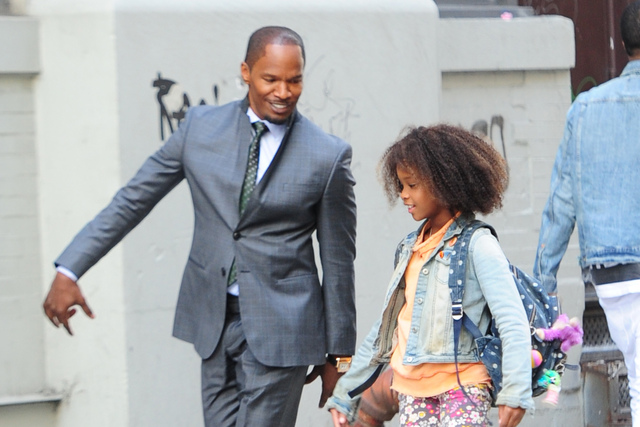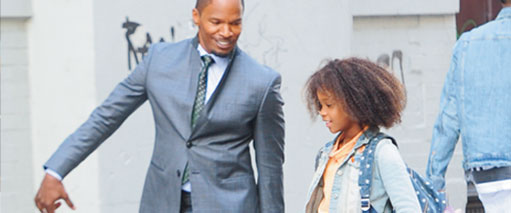Film Review: Annie
It’s A Hard-Knock Life For A Former Orphan And A Guy Who Used To Be Daddy Warbucks In This Not-So-Expertly Updated Musical


kid? I was great in that.”

Latest Article|September 3, 2020|Free
::Making Grown Men Cry Since 1992


kid? I was great in that.”
